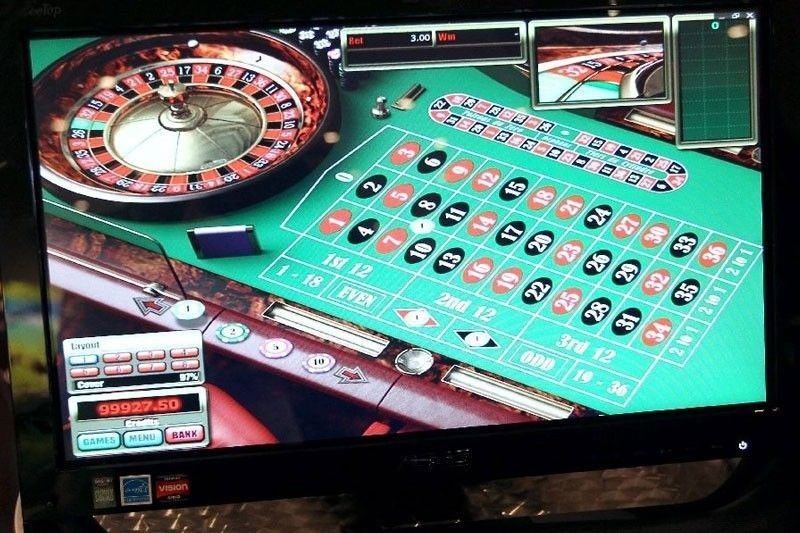POGO exodus seen by yearend

MANILA, Philippines (Corrected 3:25 p.m., October 26) — The country’s property sector is bracing for the continuing exodus of Philippine Offshore Gaming Operators (POGOs) and their service providers as almost 300,000 square meters or 17 percent of office space currently occupied by this sector will be vacant by yearend, said property analyst David Leechiu.
“POGO space vacancy is forecast to hit 17 percent this year and another estimated 20 to 30 percent next year,” Leechiu said in a webinar hosted by The STAR’s PropertyReportPH.
He said the POGO industry occupies 1.7 million square meters of office space.
With the continuing POGO closures, this would leave a vacancy of 289,000 sqm. or roughly 17 percent of capacity by the end of this year, Leechiu estimated.
The POGO industry’s contraction is largely due to new taxes imposed by the government, the adverse impact of COVID-19, and China’s continuing assault against the industry, Leechiu said.
Recent changes in POGO taxation under the Bayanihan to Recover as One Act or Bayanihan 2 is deemed by industry analysts as a “POGO killer.” Previously, a five percent franchise tax was slapped on gross gaming revenues less provisions for payouts. But an inserted provision in Bayanihan 2 changed the tax base by imposing the five percent franchise tax on gross bets without any provision for payouts to winning players. This, industry analysts said, would make it harder for the already crippled industry.
Leechiu said these factors, coupled with challenges brought about by COVID-19, have already resulted in a vacancy of 200,000-sqm in POGO office space as of October.
At the height of the quarantine, five POGOs and at least 10
of their local service providers closed down due to the difficult business environment brought about by COVID-19 and the adverse POGO tax regime.
At least 2,000 Filipinos working as “live dealers,” IT, admin and production staff for online gaming studios were laid off from the closure of five POGOs alone.
Aside from lost jobs, the closures led to vacancies in three preferred POGO offices all located in Makati’s Central Business District.
These POGOs are not just China-based gaming companies. They include firms based in Macau and Europe.
The COVID-19 pandemic exacted a heavy toll on licensed POGOs, which were disallowed from operating during the lockdown. When Metro Manila transitioned to GCQ, POGOs were allowed to operate albeit on 30 percent capacity.
Prohibitive lease expenses, high overhead costs and inability to resume full operations due to strict conditions imposed by the Bureau of Internal Revenue could also be contributing factors for the closures.
The five shuttered online gaming firms represent roughly 11 percent of the 45 POGO companies operating in the country.
Based on data from the Philippine Amusement and Gaming Corp. (PAGCOR), it has about 60 POGO licensees, but only 45 are active. There are also more than 200 service providers registered with the gaming regulator.
Leechiu said both office and residential businesses would be adversely affected if they suddenly lose revenue from POGOs given the very challenging business environment due to the pandemic. But the bigger hit could be on the residential leasing sector since security deposits are limited.
- Latest
- Trending






























